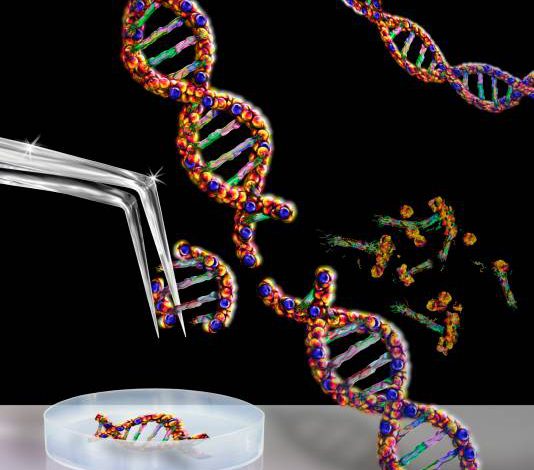The growth in population is a clear indication that the availability of enough food today and in days to come would need a different agricultural approach. In fact, researchers say the situation is even more worrying in Africa as the continent continues to use the same number of resources in agriculture, despite data projections that the current population could double by 2050.
As a result, researchers are recommending the use of farming technologies that can double agricultural production. According to Dr Leena Tripathi who is the leader of the biotechnology program at the International Institute of Tropical Agriculture (IITA), an increase in population means an increase in demand for food and calls for better agricultural production.
“With increasing demands for food and limited resources we need better and more efficient ways to produce food and using all the tools and also the breeding innovation and including gene editing,” she said.
Dr Tripathi who is also the Director of the Eastern Africa hub was speaking during a webinar organized by The African Seed Trade Association for the seed sector in the continent last week. Apart from the increasing population, she also said climate change is intensifying food security not only in Africa but globally.
“We already started seeing some harmful effects due to the extreme climate not only on the planet but also the pathogens and pests affecting the crop productivity. So that means there is a need for sustainable agriculture,” Dr Tripathi said.
She further challenged farmers to critically consider closing the yield gap in staple crops like maize, bananas, and rice by applying the full potential of New Breeding Tools (NBT) in addition to conventional technologies like irrigation.
One of the NBTs that researchers have shown to record improvement in crops is Genome editing, a group of technologies that gives scientists the ability to make permanent and heritable changes but at very specific sites in the genome of the organism without bringing any foreign gene.
Some of the technologies available include meganuclease, ZFN, TALEN, and CRISPR/Cas9 which researchers describe as efficient in the essence that they only make specific changes to the DNA.
Even though CRISPR/Cas9 remains the most popular technique because it is very simple and easy to adapt, scientists say that this does not render other techniques obsolete.
While speaking in the same webinar Dr. James Karanja who works at Kenya Agricultural and Livestock Research Organization (KALRO) as a maize breeder said gene editing is not going to make the respective countries lose their seed sovereignty. This he said is because of the availability and existence of gene banks with the mandates of conserving each and every genotype available.
“This system of technology is a tool to hasten the development capacity to get that new variety and again also with this by scanning through you can be able to get a total immune unlike where you get the tolerance,” he said.
At the same time, Karanja said Kenya already has the tool and guidelines supporting gene editing but no gene-edited product available in the market yet. However, said there are a lot of products in the pipeline like maize, and sorghum which will come to the market very soon.
Kenya is the first country in Africa that started applying gene-editing technology in 2015. This was two years after gene editing was discovered with India, the Philippines, Japan, and China being the first countries.
Featured image: Getty Images








